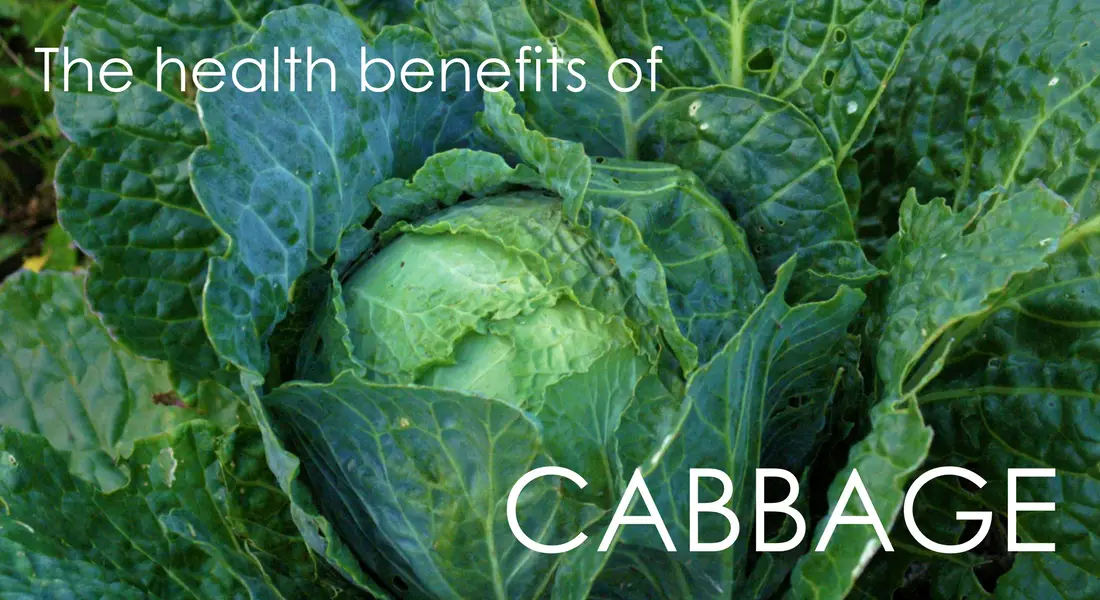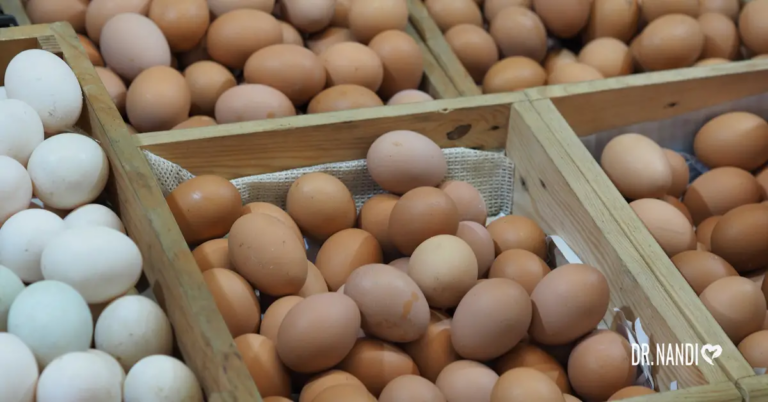Cabbage is a member of the Brassica family and is found widely worldwide. Most cabbage is round or oval, containing soft, light green inner leaves. Usually, these leaves are covered with hard and dark green outer leaves that are more durable.
High in Fiber
Studies have found that cabbage is an excellent source of roughage, a fibrous indigestible material found in vegetables that helps remove the waste products through the gut. A lack of roughage can lead to constipation which can cause stomach ulcers and indigestion. Constipation is thought to be a cause of cancer as well. Cabbage contains high amounts of fiber which is the primary health benefit of roughage.
Detoxifies Your Body
There are large amounts of vitamin C and sulfur found in cabbage. Both sulfur and vitamin C are known to remove toxins such as free radicals and uric acid from the body. Free radicals may lead to the proliferation of malignant cells. Cabbage can help flush out the free radicals, reducing the effects of possible cell damage to your body.

Supports Eye Health
A lot of beta-carotene is found in cabbage, especially in red cabbage. Tests have shown that red cabbage has almost ten times as much beta-carotene as green cabbage. Beta-carotene is converted into vitamin A in your body. Vitamin A boosts vision, especially night vision. Vitamin A also helps to protect the eyes against free radical damage. Studies with promising results show that eating cabbage can help to provide a source of value against age-related eye problems.
Protects Bone Health
Cabbage is rich in calcium which is necessary for bone health. Dietary calcium is essential for bone health, plus cabbage contains magnesium and potassium. These three essential minerals together are an integral part of protecting bones from degradation. Studies have found that these three minerals may help slow down the onset of age-related bone conditions such as osteoporosis and general bone weakening.

Reduces Joint and Muscle Aches
Studies have found that fermented cabbage releases lactic acid, which plays a crucial role in maintaining muscle health and helping to reduce muscle soreness and aches. Cabbage also contains cadmium binding complexes, especially glutamine. Glutamine is a potent anti-inflammatory agent. Glutamine is one of the most abundant amino acids found in our muscles and bones. Research shows that if the body lacks glutamine, it will start to “eat” its muscle, which causes muscle loss.



















